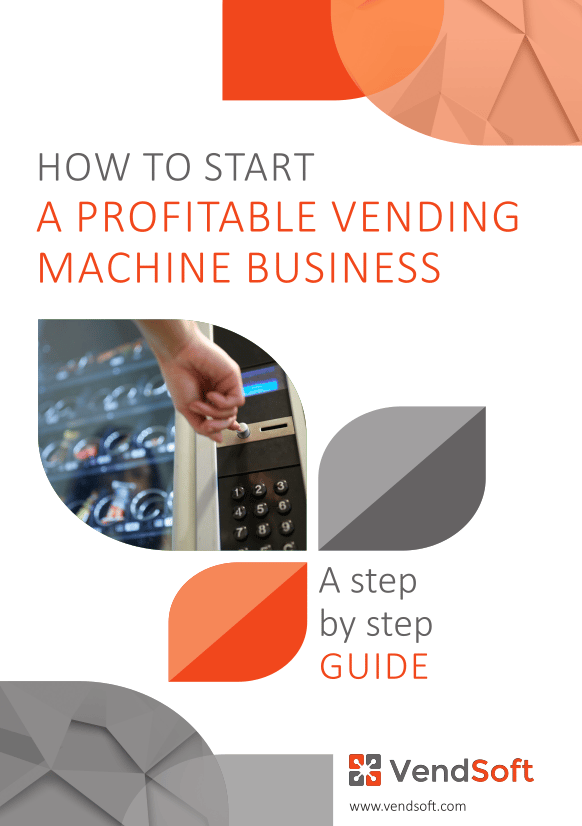As climate change dominates the headlines, and medical studies tell us what we should and should not eat, consumers are becoming increasingly health-conscious and environmentally aware. This is being clearly reflected in their food choices. Where once, we simply worried about fat content or calorie counting, there are now concerns about everything from sugar, salt, dairy, and gluten, to the packaging and fair-trade policies of what we eat and drink. There’s also been a notable explosion in interest in plant-based diets and sustainable living.
Observing such trends, companies within the vending industry must expand their product ranges if they’re to survive. This doesn’t mean that it’s the end of vending machines – it simply means that as an industry we need to broaden our offering and consider the ever-changing needs and wants of the consumer.
Catering to Health Demands
The best way to take advantage of the increasing popularity of healthy eating is to stock healthier snacks. Most products in a typical vending machine, such as chocolate bars, crisps, and soft drinks, are no longer considered a standard part of a regular diet. More and more, these products are seen as ‘guilty’ snacks and ‘cheat day’ treats by consumers, meaning they’ll eat them less often by design. The vending machines which are most likely to keep making a profit are the ones that proactively stock more products that are sugar-free or low fat, as well as protein bars, sports drinks, and other healthy confectionery.
Some in the industry have already taken advantage of growing health trends by exclusively stocking machines with healthy snacks and drinks – and marketing them as such. In fact, some are going as far as stocking machines with fruit, vegetables, and even entire salads.
By stocking a variety of healthy snacks, venders give consumers an alternative when they’re being disciplined and staying away from traditional vending snacks. Better yet, healthy snacks possess a pull factor: providing the purchaser with a sense of well-being for doing something that positively impacts their health and moves them in the direction of their goals – or makes them feel a little more like the best version of themselves that they strive to be. Such positive mental associations can make for persistent purchasing habits.
Best of all, vending companies will be able to get ‘healthy’ machines into places that are reluctant to offer typical vending snacks., widening their potential market. This could include schools, stricter gyms and health clubs, and even office buildings. It also future-proofs you against potential legislation if the government decides to take a more active stance against the obesity epidemic, as already evidenced by the UK sugar-tax.
Lastly, stocking a greater range of healthy snacks requires working with the manufacturers of such products. By doing so, you’ll have a greater insight into the burgeoning health food market, discovering which areas are growing and the kind of products that are proving most popular.
Catering to Dietary Needs
As well as catering to the growing number of health-conscious consumers, vending companies should stock products for people with specific dietary needs. Vegans are the best example of this group, as many traditional snacks aren’t an option for them: Most chocolate products, containing milk, are a no-go, as is anything that contains butter, cheese, or eggs. Meanwhile, crisps and other savory snacks contain flavorings made from animal products, and even seemingly innocuous products like mints and other chewy sweets contain gelatin, made from pork or beef.
In addition, consumers with varying levels of lactose-intolerance certainly appreciate the same dairy-free products as those on plant-based diets. There’s also an opportunity to cater for those with gluten-sensitivity, who need to avoid anything with wheat, rye and barley – which includes a large number of processed foods.
Stocking a greater selection of products for this consumer group offers significant opportunities to savvy vending companies. A growing number of consumers have dietary restrictions on what they can eat and drink, making them highly receptive to any brand that takes the guesswork out of their food and beverage purchases.
Best of all, these market segments are increasing every year. Veganism is growing rapidly in popularity, as people are drawn to its health benefits and its role in preserving the planet. Similarly, as consumers become more educated on food allergies, they can catch them earlier will change their dietary habits accordingly.
The only option for venders who want to stay ahead of the competition is to embrace these trends and adapt to provide for the ever-changing society around them.
Companies who are slow on the uptake will get left behind, as the food and beverage industry moves increasingly towards eco-friendly, sustainable and health-conscious products.
About the Author
Cleo Chaisty is a copywriter for Broderick’s, a leading provider of vending solutions in the UK. She specializes in topics that cover the food and beverage industry, and vending on a commercial scale.
Want more vending business tips?
Subscribe to our free 2-week email course and learn how to start a successful vending business.

